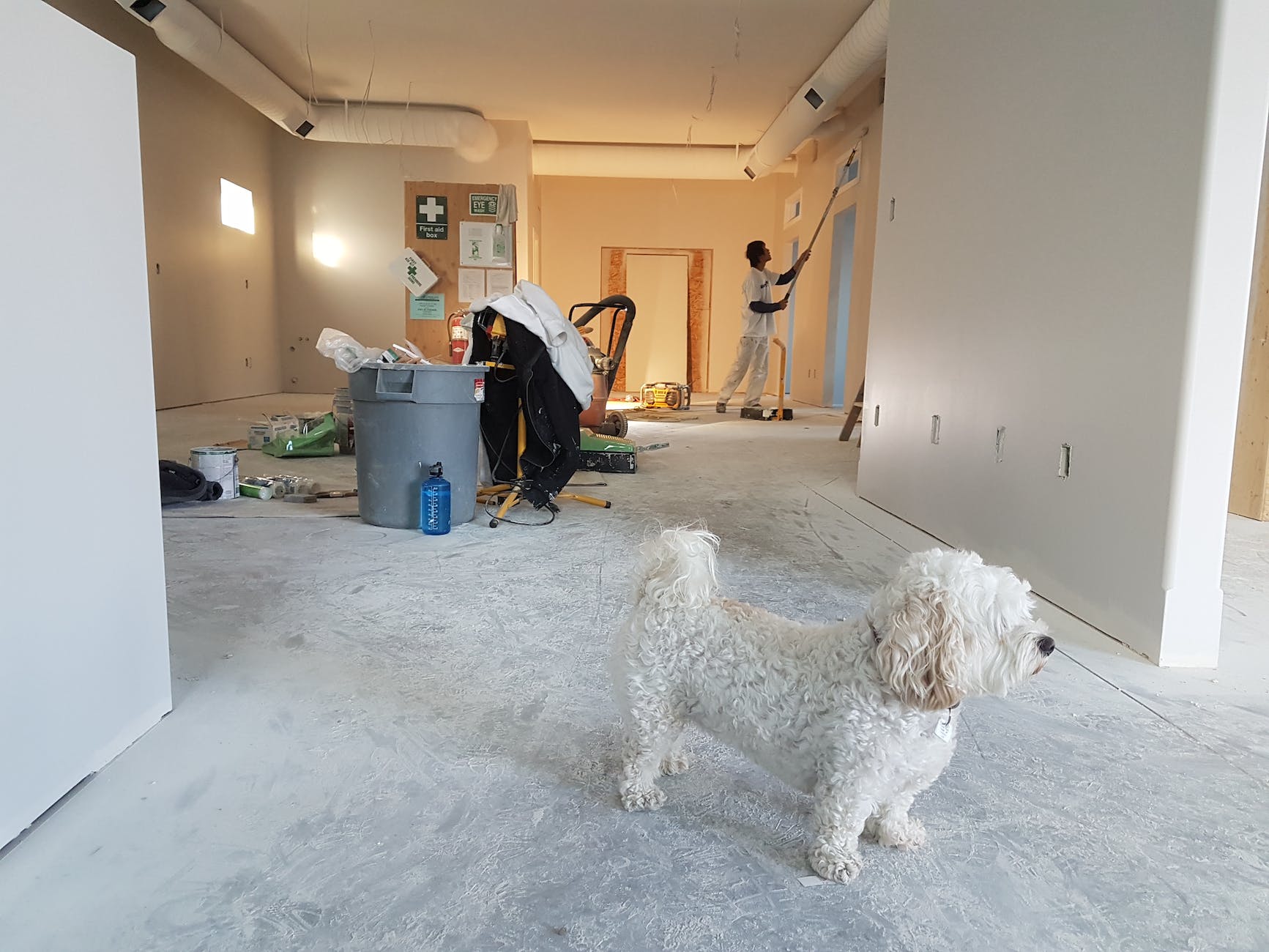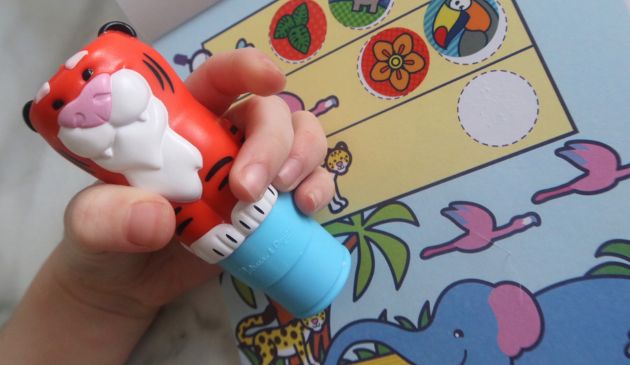
How to talk about death with your children

#ad – this is a collaborative post
Even as an adult, coming to terms with the loss of someone you love can be pretty hard to bear. Grief can be incredibly painful time and the sense of loss can be hugely overwhelming. Imagine then how it feels through the eyes of a child. Talking to children about death can be difficult. The unknown, the unfamiliar, the confusion – the fact that someone who they adored and was a huge part of their lives has simply disappeared. Children can struggle to understand that their loved one has gone away and wont be returning, and it can leave them feeling scared and vulnerable, fearing that other people they love will disappear too.
When my Mum passed away in 2013, Erin was only one, but even at that very young age, she was affected by the loss of her Nanny. Whilst she was too young to verbalise her emotions, she was a lot more tearful than normal, and at times would say Nana, as if she wanted to go round and see her, too young to understand that seeing Nanny was sadly no longer an option. I actually found having Erin a huge help personally, almost like she looked after me instead of the other way around. This may sound bizarre but I’m not sure I would’ve coped with my grief without her.
Ashes memorial jewellery have produced this helpful guide to help parents talk to their children about death and their children to ask questions about death and what it means for them. Their tips include:
- Don’t expect children to react to grief in the same way as you – Everyone processes grief in different ways, and you can’t expect a child to be able to understand and rationalise in the same way you can. Their behaviours may be inconsistent to normal, and not always in the ways you may expect.
- Let them ask questions – You wont be able to answer some of them and that can be hard, but allow them to open up with their concerns. What happens when you die? What does heaven look like? Talk to them about and try to be factual without scaring them. Be honest and transparent and use simple language – words like passed away, and asleep are too abstract and can cause further confusion.
- Expect some regressive behaviours – your child may start wetting the bed again or wanting a dummy or comfort blanket – even if they haven’t used one for a while. You may also find they experience sleeping or eating difficulties, for a short time afterwards at least.
- May not realise that death can’t be undone and ask when the person is coming back. Children’s understanding of time and duration isn’t fully established. Even when you think that the message has sunk in about it being permanent, they may still ask again a few months later.
- Provide reassurance – they may wonder if they did something wrong and be worried that you are going to die too. They wont understand why someone can be suddenly taken away from them, even if the reality is that the person has been unwell for some time.
- Hug and show affection. They may not want to cry in front of you for fear of upsetting you even more but allow them to just simply be held.
- Puddle Jumping – Your child may seem fine one minute and then cry the next, be incredibly sad and then laughing and playing as normal. This although difficult is perfectly normal.
- Tell them directly and don’t let them overhear from someone else. Whilst it can be completely understandable to avoid upsetting your child, it is far better that they hear from you directly and have the chance to ask questions than have the shock of overhearing others discussing it.
- Explain what happens next – that there may be a lot of extra visitors coming to the house and that they may see people upset.
- Try and maintain their routine – for younger children especially, try and maintain their consistent bedtimes and mealtimes, as further sudden changes to their normal can make them even more confused.
Whilst I hope none of you have to experience explaining the loss of a loved one to your child, I hope that these tips will support you if and when you do. You can read the full guide here.

















































